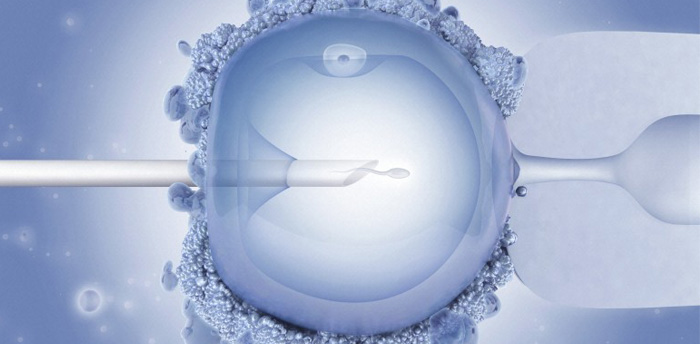By Fr. Richard Tomkosky
First: The Church teaches that human dignity is best respected when the beautiful sexual union of a married couple conceives a child.
This does not happen when a human being is created in a laboratory. As the Catechism teaches that IVF dissociates “the sexual act from the procreative act.” The act which brings the child into existence is no longer an act by which a married couple give themselves to one another, but one that entrusts the life and identity of the embryo into the power of doctors and biologists.
Only respect for the link between the meanings of the conjugal act and respect for the unity of the marital union make possible procreation in conformity with the dignity of the person.
Second: Human life begins at conception. This is not just Church teaching, but science supports this claim. Modern genetics has established that a human being’s DNA is created when the sperm fertilizes the egg. At this moment of conception, a unique identity of the human person is created. Unfortunately, in vitro fertilization does not fully respect this reality. For the process to be effective, several human embryos are created, and the overwhelming majority are destroyed in the process. It is also worth noting that in vitro fertilization is a process that is relatively ineffective (less than one-fourth of treatments are successful) and causes much physical pain to many women who undergo the IVF procedures.
So, does this mean that the Church essentially teaches that infertile couples cannot share in the great joy that is having children?
Absolutely not! The Catholic Church celebrates human life and the family more than any other institution in today’s world. The Church recognizes that infertility is a great cross for couples to carry. The Church is a compassionate and loving Mother, and thus she encourages infertile couples to nonetheless try to form a family. There are millions of children in the United States and all over the world who dream of nothing more than to have parents. It is a great act of Christian charity, and one that brings much joy, to decide to adopt children.
This does not mean, however, that the Church is against science in its efforts to help infertile couples. The Church is not against medical advancements that would help infertile couples as long as they do not interfere with God’s vision of human sexuality and do not disrespect human life. For this reason, the Church is an enthusiastic supporter of NaProTECHNOLOGY. This pioneering method, developed by world-renowned gynecologist Dr. Thomas Hilgers, allows physicians to diagnose the causes of fertility and help couples find a time when they can engage in intercourse with the greatest chance of getting pregnant. In fact, NaProTECHNOLOGY is much more effective than in vitro fertilization, not to say much cheaper and safer. To learn more about NaProTECHNOLOGY and find a doctor who will lead you through the process see fertilitycare.org/what-is-naprotechnology.
Since the Church is against in vitro fertilization, does this mean that the Church sees children conceived this way as somehow worse or evil?
Absolutely not! The Church believes that every human life is a beautiful gift from God, even if the baby was not necessarily conceived in accordance with God’s objective plan. For this reason, the Church celebrates life and is pro-life in the case of every pregnancy, regardless of how the baby was conceived.
I have tried in vitro fertilization; how do I get things right with God?
Our Church knows that all of us are sinners, so it realizes that all people make decisions at times that are not in accordance with God’s plan. Part of being a Catholic is to recognize that reality. We are blessed with the great gift of the Sacrament of Confession. God absolves us of our sins there and gives us a new chance to live a holy life. If you have done IVF, then we priests will help you there.
Fr. Richard Tomkosky a native of Johnstown, PA, was ordained in the Jubilee year 2000, and is pastor of St. Thomas the Apostle Catholic Church in Bedford, PA, and Seven Dolors of the Blessed Virgin Mary Parish in Beans Cove, PA.
